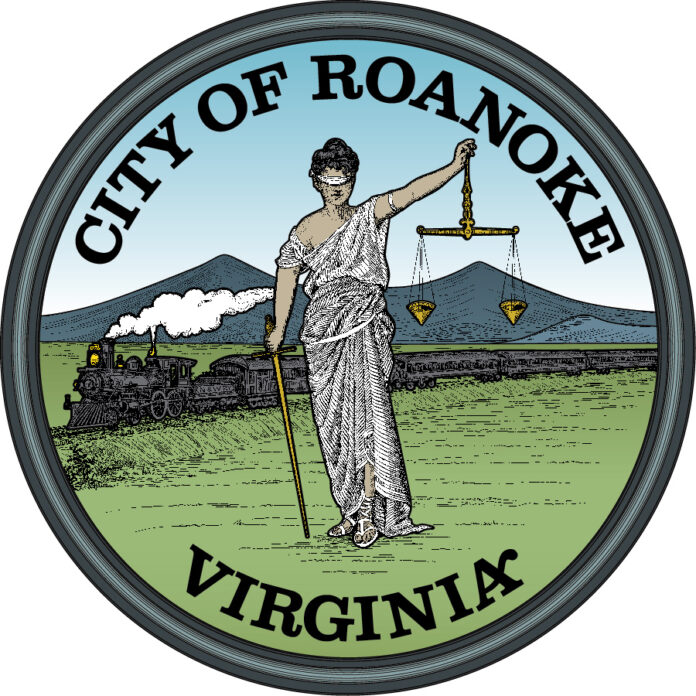Outside the City Courthouse at 2:15 on Nov. 21, former Mayor David Bowers (R) held an impromptu press conference to announce he had requested a recount in the Nov. 5 mayoral race. This adds another twist to an already-dramatic election that had three candidates vying for the position, in addition to Bowers: Vice Mayor Joe Cobb (D) and Councilwoman Stephanie Moon Reynolds (I).
As explained here, Bowers was ahead in the vote count by the end of Election Day Nov. 5 by a mere 19 votes. Reportedly, his main opponent, Cobb, had been ahead with each vote drop throughout the evening as the first 19 precincts reported their tallies to the Electoral Office downtown. With 19 precincts reporting and only one outstanding, Cobb was still ahead. However, the last precinct to report was East Gate, with a largely white, blue-collar demographic that went for Bowers over Cobb by about a 2 to 1 ratio. With that lopsided result added in, Bowers suddenly sprung ahead and ended the evening ahead by 19 votes.
However, there were still roughly 1,200 ballots left uncounted. Those were a combination of mail-in ballots plus provisional ballots that people received when they registered and voted on Election Day, Nov. 5.
When Democrats controlled the General Assembly and Governor’s Office with former Gov. Ralph Northam before 2022, they changed state electoral laws. Those new laws allowed mail-in ballots to be counted a few days after Election Day plus people can register and vote on that day as well.
Those new voting laws helped create the unprecedented uncertainty that the City has faced in this unusual election. For one, the final outcome was still uncertain late on the night of Nov. 5, because over 1,000 ballots had not been counted yet. Two, opening those ballots ultimately led to Cobb pulling ahead. Three, with the close margin and Bowers on Nov. 21 publicly requesting a recount, the final winner probably won’t be known until December.
(The only member of the General Assembly in our region who voted for those changes to voting laws is Salam “Sam” Rasoul, D-Roanoke, who himself will be facing reelection in 2025.)
During the week of Nov. 11, representatives from all parties involved oversaw the process by which those mail-in and provisional ballots were read and tallied. When that process was completed by Nov. 13, Cobb had eked out a win by 59 votes.
The paper-thin margin of this race is all the more remarkable when one considerers some 40,000 votes total were cast. Roanoke City has a population just under 100,000.
Since the final result showed the top two candidates less than 0.5% apart, Bowers is entitled to a recount that will be paid for by the taxpayers. There are some examples of past election results that were changed as a result of a recount, but they are infrequent.
When asked for a statement, Roanoke City Republican Committee Chairman Charlie Nave made this remark by phone: “The Democrat mayoral candidate got [approximately] 10,000 votes less than Kamala Harris, a vote of ‘no confidence.'”
With the Thanksgiving holiday approaching, it’s unclear when the recount will be held but it’s reportedly likely to be in mid-December.
The vote tallies by precinct show a deeply-divided City.
Cobb’s biggest victories went from Downtown and included the largely white, liberal enclaves of Highland, Old Southwest, Wasena, Raleigh Court, and Grandin Court. Moon Reynolds performed strongest in the black neighborhoods of Northwest Roanoke including Peters Creek, Eureka Park, and Forest Park. Bowers in contrast carried the precincts furthest from the urban core, including South Roanoke, Deyerle, and the entire North East and South East sectors.
It’s unclear what effect if any write-in candidate Merrie Turner had on the outcome. She described herself as a pro-life, pro-2A MAGA supporter, so if she even drew 60 votes from the right-flank of Bowers, who recently declared himself as a Republican, that could have contributed to his defeat.
The Roanoke Star reached out to local historian Rev. Nelson Harris, who is also a former Roanoke mayor, to see if any mayoral races in the Star City have ever been this close. He responded by Messenger: “No, there has never been a mayoral race this close. Roanoke did not start electing its mayors until the late 1960s. Prior to that the mayor was selected by the members of city council and was officially considered as the council president but referred to as the mayor. This slim margin, sufficient for a recount, is a first in the city’s history.”
The biggest Republican vote-getter in Roanoke City was Congressman Ben Cline, who by a landslide won reelection to keep representing Virginia’s Sixth District. The sprawling Sixth District goes from the Roanoke Valley north through the Shenandoah Valley to Winchester.
–Scott Dreyer
Updated 11-23-24

